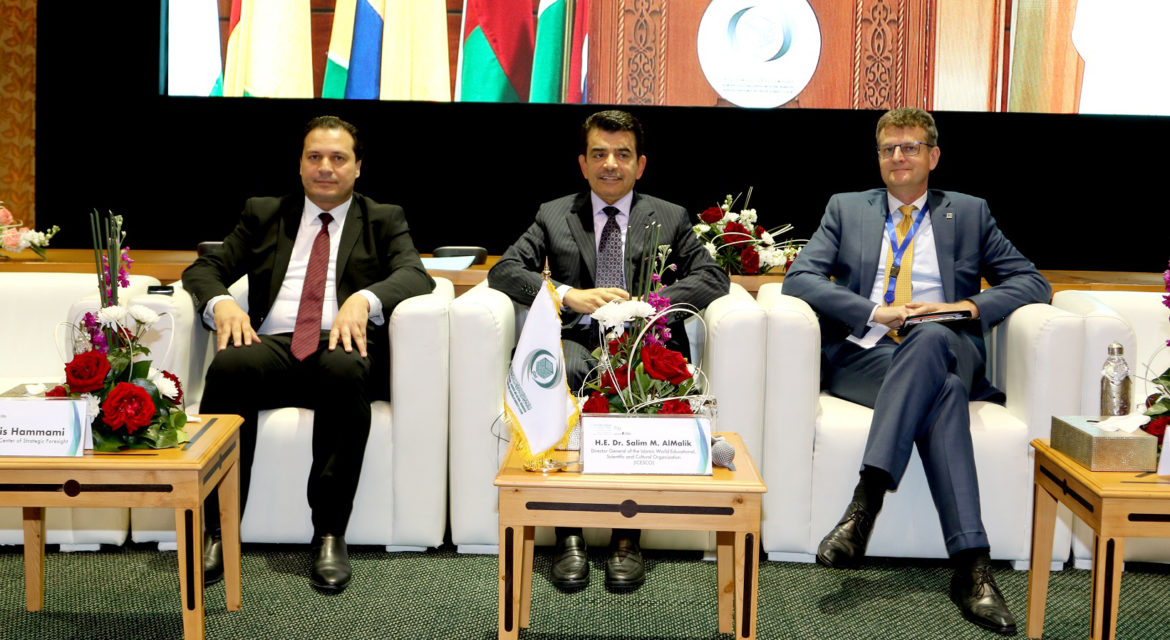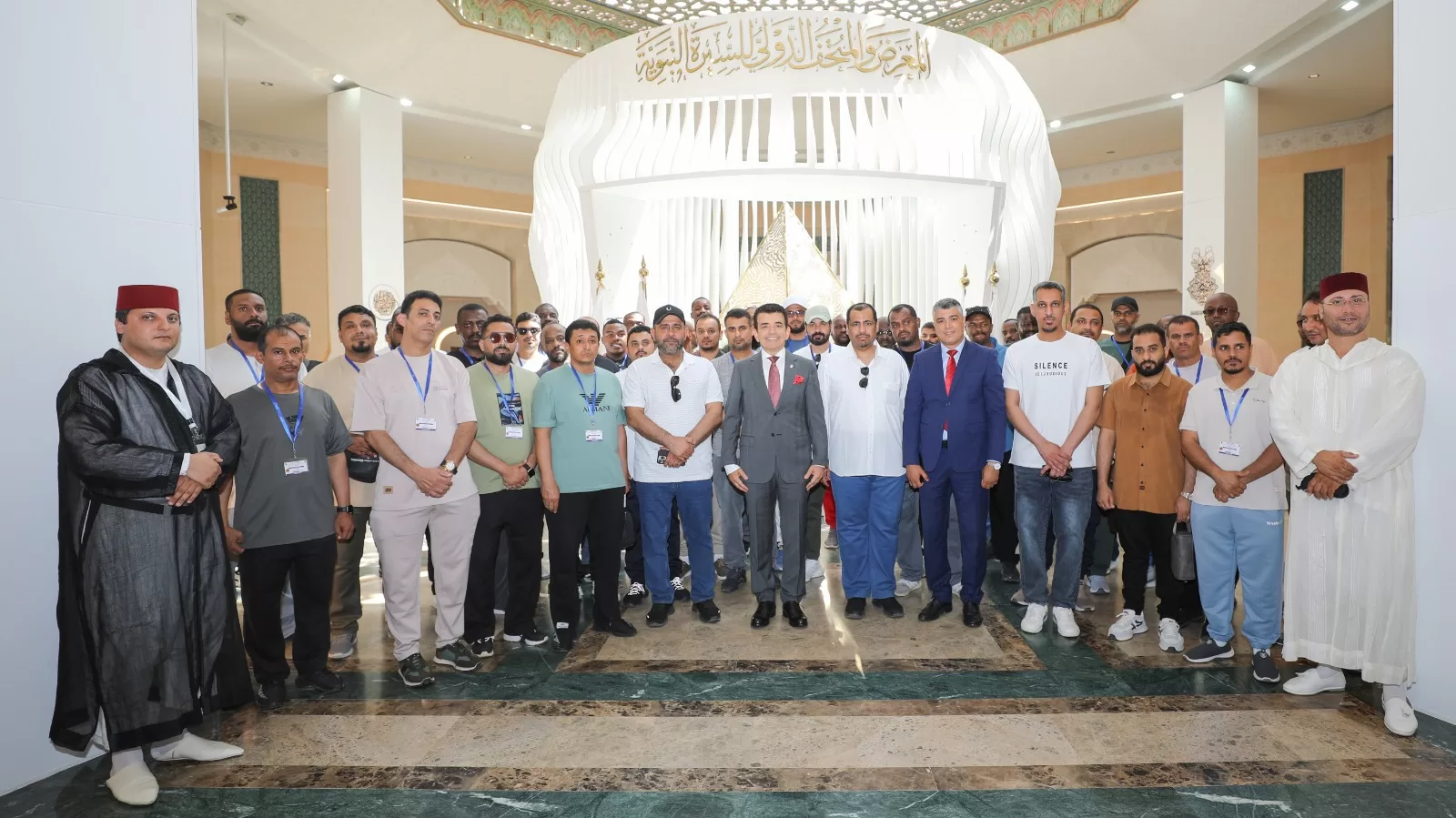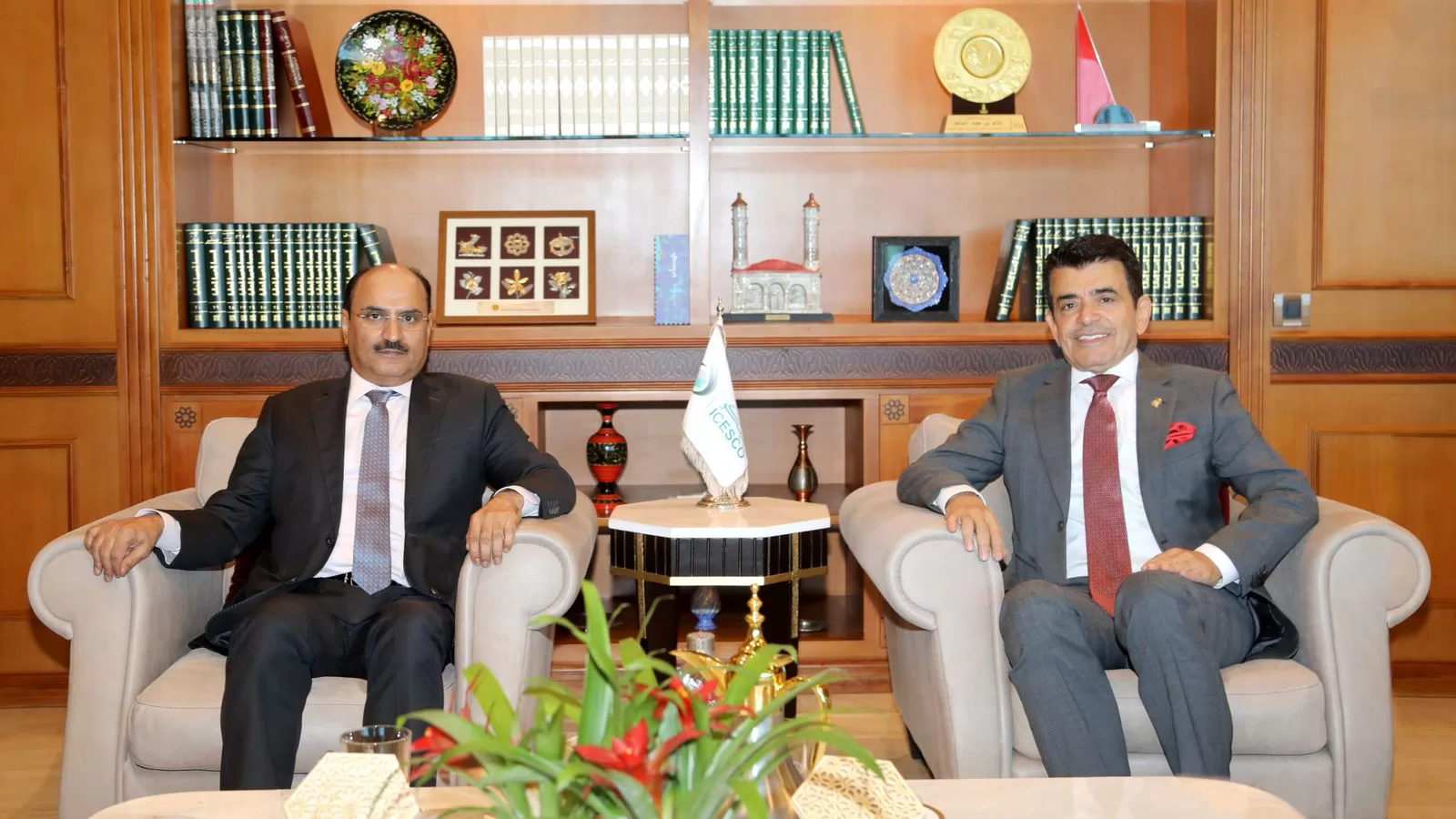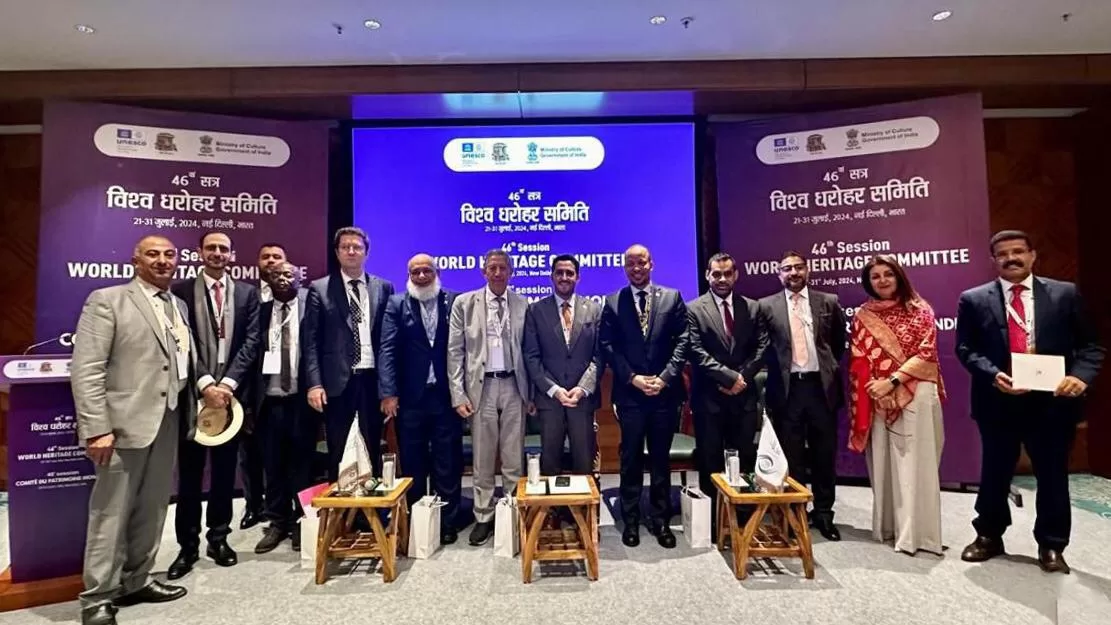
Future Forum closes with recommendations and project proposals

18 February 2020
Today, at ICESCO headquarters in Rabat, in the wake of two days of sessions and exchange about the future of the world in 2040, the Future Forum closed its proceedings with a review of the outcomes and recommendations of the six strategic workshops that culminated its second day.

In her presentation of the closing session, Ms. Samia Djacta, Director of ICESCO Office at UNESCO, lauded the strong international participation witnessed on the first day and on the second day’s workshops, especially from among university and higher institutes in Rabat. She also reaffirmed that the ICESCO achieved the ambition of the Conference that was dedicated to the youth, while pointing out that the discussions were useful as they tackled the future of the world by 2030 and even how it would look like by 2060.

The coordinators of the workshops gave summaries of the ideas, proposals, outcomes and recommendations of each workshop. The first workshop “Education: Major Trends” dealt with the future of education and education for the future. The coordinator thanked ICESCO for its efforts in the field of education, while commanding the projects implemented in this regard, namely “Digital School 2030”, “Learning for Peace and Sustainable Development”, and “Teach me to be free.. teach me to live in dignity”.

Dr. Ismaila Diallo, Coordinator of the workshop “Sciences: the Challenges of the Future” said that the workshop handled the four main challenges to the Islamic world, namely the provision of energy resources, lack of food security, environment and climate change issues, and ecological technology. He also added that it touched on the issue of technology sharing between developed and developing countries, low connection between education and the labor market, lack of gender equality, a prerequisite for a more productive and stable society.

For her part, Mr. Mhand Amer Nassim, Coordinator of the Workshop “Culture: an imperative for intercultural dialogue” pointed out that the work carried out at the workshop was held based on the assumption that coexistence and intercultural interaction are key to the achievement of peace as culture is a leverage of peace. He added that the workshop focused on dedicating projects and programmes for the youth to engage in them in the sustainable development process, namely the projects “Cultural production”, “Youth’s cultural identity”, and “Fostering youth’s ties with the green environment”.
With regards the workshop “Laboratory of Future Literacy”, Dr. Riel Miller, Coordinator of the Workshop raised many questions about how would look like our way of thinking about the future of the world and whether it will be compatible with the new ways of thinking about developments. He pointed out that there is a need for an accurate, advanced, and unusual way of thinking and the incorporation of futuristic thought in all the fields, while benefiting from available ones to efficiently face the future.

As for “Human and Social Sciences: Evolution and Foresight” Workshop, the workshop’s coordinator, Dr. Jamal Eddine El Hani, underlined that social sciences are not given due attention with regards to their essential role in our societies and that the workshop dealt with the rehabilitation of social and human sciences. In this regard, he added that the workshop yielded many ideas and proposals, notably the necessary development of a modern Islamic civilization and the activation of the role of human sciences in the face of current challenges.
At the workshop of “Artificial intelligence: toward ethical technology in service of societies” made a presentation on the proceedings of the workshop. They were split into three groups to allow all participants to have their say about AI and its future applications. The workshop issued three recommendations one for the humanization of data science and data sharing to achieve security; the second on personal data about humans and the important understanding of AI-dominated age; and the third on the complexity of AI.

Having reviewed the workshops’ reports, Dr. Steffen Krüger, Representative of Konrad Adenauer Foundation in Morocco, thanked ICESCO and its Director General for organizing the Forum, while reaffirming the constant cooperation between ICESCO and the Foundation. He then expressed his hope that ideas generated at the Forum would materialize on the ground.
At the close of the Forum, Dr. Salim M. AlMalik, ICESCO Director General, made an address wherein he announced the start of a comprehensive study for the future of the Islamic world by 2050 and the launch of “ICESCO Foresight Programme” under which foresight studies and training sessions will be organized and grants in foresight will be given to youth, in cooperation with international foresight centers.




